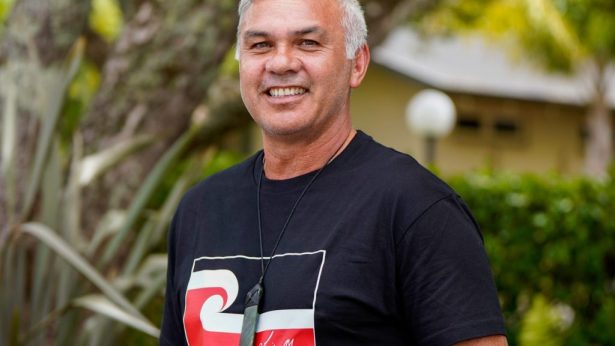Whenua Iti Outdoors has raised alarm over a Ministry of Education proposal that would remove Outdoor Education from the list of senior school general subjects, reclassifying it as a limited vocational option to be developed by a future Service Industry Skills Body.
Chief Executive Mark Bruce-Miller warned the move would undo decades of progress in outdoor learning and strip schools and training providers of a subject that has become a vital pathway for many learners.
“This proposal threatens the existence of Outdoor Education in schools and PTEs across Aotearoa. It risks cutting off opportunities for students who thrive in outdoor environments and dismantles established pathways into our sector,” he said. “It would be a sad day for New Zealand if something so central to our national identity was lost from the education system.”
Strong Evidence of Value
Whenua Iti’s research highlights the subject’s role in building skills employers seek. In 2024, more than 80% of 650 student respondents said Outdoor Education programmes had helped them develop key employability skills—such as resilience, communication, decision-making, and attitude—identified by the Ministry itself as crucial for future workforces.
“These are fundamental capabilities for any job, and we can show clear links between Outdoor Education and their development, often within a short timeframe,” Bruce-Miller explained.
Wider Sector Impact
Whenua Iti Outdoors, one of the country’s largest providers of outdoor learning, stressed the changes would not just affect their own sector but also industries like tourism, recreation, environmental management, and guiding.
“As a youth development PTE and employer of outdoor instructors, I know firsthand why this matters. Outdoor Education enhances wellbeing, builds employability, and grows leaders who are connected to our environment and communities,” Bruce-Miller said.
Connection to Environment and Wellbeing
The organisation also warned of the cultural and environmental consequences of cutting the subject. Outdoor Education has long served as a bridge connecting young people to te taiao (the natural world). Without it, fewer students may form lasting bonds with New Zealand’s landscapes.
“With youth mental health challenges at record levels and screen time increasing, removing Outdoor Education would be a huge step backwards,” Bruce-Miller said. “This subject offers balance—fresh air, social connection, resilience, and confidence to engage with the outdoors safely.”
He added that with artificial intelligence advancing rapidly, interpersonal and human skills will only grow more valuable: “Outdoor Education is one of the most powerful ways we can provide that for our rangatahi.”
Call to Reconsider
Whenua Iti Outdoors is urging the Ministry to reconsider, calling the proposal short-sighted and potentially damaging to young people, the education system, and the wider outdoor sector. They are asking the Ministry to engage with educators, employers, and communities before making changes with such far-reaching consequences.




